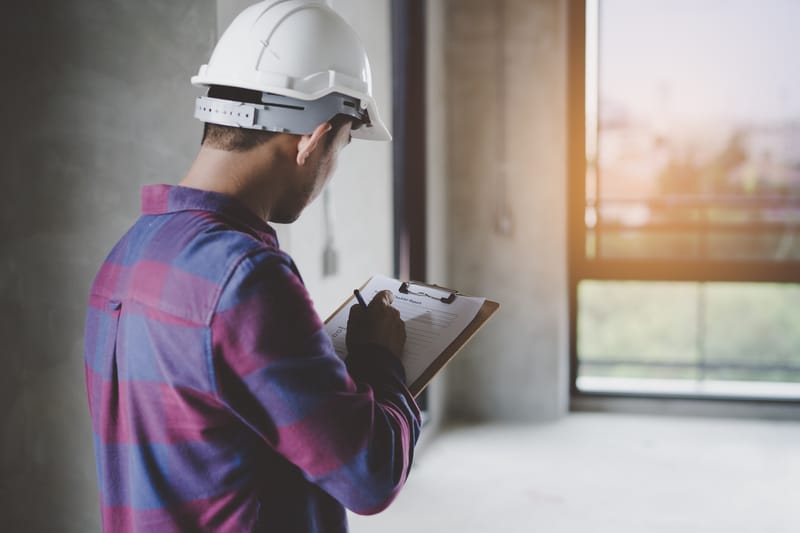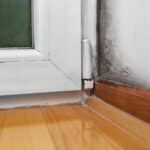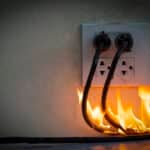In the intricate process of buying a home, inspections stand as a critical step that can make all the difference between a wise investment and a potential regret. Learn the essential aspects of home inspections, offering insights that cater to your needs.
Why You Need an Inspection
Amid the excitement of finding your dream home, the importance of a thorough inspection cannot be overstated. A home inspection is not just a formality; it’s a safeguard against hidden issues that might surface after you’ve settled in. From structural concerns to electrical and plumbing systems, a professional inspection unveils potential red flags, allowing you to make an informed decision. Understanding the true condition of a property empowers you to negotiate fairly with the seller and potentially save you from unexpected repair costs down the line. An inspection is your window into the real state of the property, helping you buy with confidence. When commissioning a home inspection, be sure to find a qualified and experienced professional with insurance. Look for credentials from certifying bodies such as the American Society of Home Inspectors (ASHI).
Specialized Inspections
While a general home inspection covers a broad range of elements, certain properties might require specialized inspections to address specific concerns. These inspections go beyond the surface, delving into areas that may not be immediately apparent. A buyer may request multiple inspections to cover specific issues like pest infestations. For instance, if the property is located in an area prone to termites, a termite inspection is crucial to detect any hidden damage. Similarly, if you’re purchasing an older home, a thorough examination of the plumbing and electrical systems can reveal potential hazards. Specialized inspections add an extra layer of assurance, ensuring that you’re aware of any potential challenges that might affect your decision. Other specialized inspections may be required depending on the property’s location and its age. These can include radon testing, water quality tests, lead paint inspections, and asbestos testing. The cost of these additional inspections is typically paid by the buyer, but it’s an important step in uncovering any hidden risks associated with a property before you make your purchase.
What Comes After the Inspection
Once the inspection is complete, you’ll receive a detailed report outlining the findings. This report serves as a valuable resource as you move forward in the buying process. Depending on the results, you have several options. If the inspection reveals minor issues, you might decide to proceed with the purchase and address the repairs after closing. Alternatively, if significant concerns are uncovered, you can negotiate with the seller to address the repairs or adjust the price accordingly. In some cases, the inspection report might lead you to reconsider the purchase altogether, sparing you from investing in a property with extensive problems. Regardless of the inspection results, it’s important to understand that you don’t have to take action right away. Even if you decide not to move forward with the purchase, the inspection will give you valuable insight into what to expect when investing in a home.
The role of inspections in the home-buying process cannot be overstated. In the world of real estate, an inspection is not just a step; it’s a valuable tool that protects your investment and ensures that your new home is a place of security and comfort.
Did You Enjoy Reading This Article? Here’s More to Read: Pests To Be On The Lookout For When Buying Or Selling A Home






